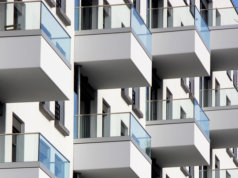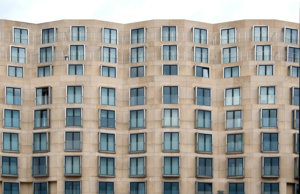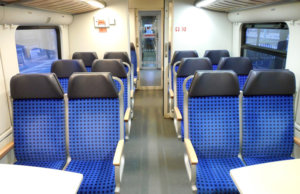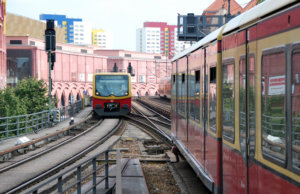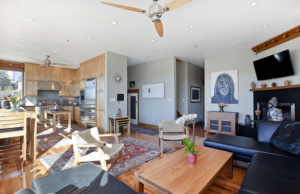Berlin’s rising rents are a reflection of the increased housing demand. The city lacks both condominiums and affordable housing.
Hamburg project developer Jörn Reinecke says it’s possible to get everything residents need under one roof, but policy must allow for this to happen.
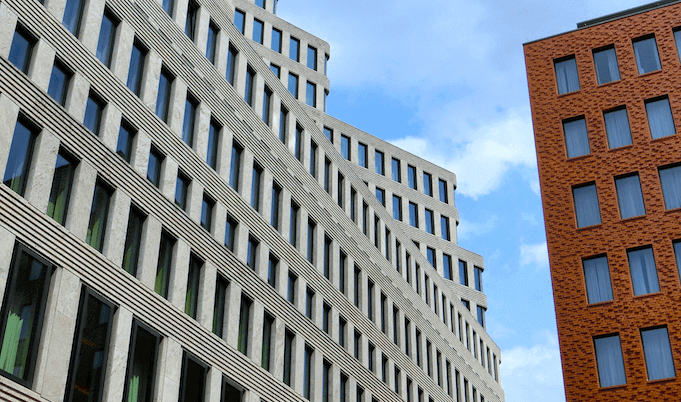
The shortage of homes in Berlin is also contributing to rising rents. State chairman of the Rings German brokers Berlin-Brandenburg Markus Gruhn, has recently declared, among other things, that the policy is targeting the wrong factors.
“It was originally thought that Germans are dying out, going to the countryside. Yet this view was taken over by reality,” said Gruhn. The SPD-Left Party Senate have also sold more than 85,000 homes, “and not to the tenants, but to financial investors.”
Strong immigration drives rents
Although last year in Berlin there were more condominiums sold than ever before, they are also more expensive than ever before. For the first time, buyers had an average of more than 200,000 euros to pay for their housing.
Reasons behind the strong demand for housing, among other factors, is the continued strong immigration and a birth record in the capital city. For the first time since 1944, Berlin reached a population of more than 3.5 million in the last year.
Growth was especially evident in the first half of last year. Berlin registered 42,800 new residents. Among them, 37,200 were people without a German passport, while 5,600 were German citizens. People are moving to the capital in hope of a better future, but the influx also drives rents up.
Berlin can learn from Hamburg
The most effective means to combat high rents is the high rents themselves. If the rents are high, it’s worthwhile for project developers to invest in construction of the “missing” flats. And once there are many homes again, the rents fall.
In Hamburg, we are already on the right track, for example, projects in the Othmarschen Park neighborhood. Magna Immobilien AG will build 120 condominiums, but also 65 subsidized apartments. These will be rented to Hamburger seniors, once construction is completed in 2018.
The West Park project in the hanseatic city addresses both the strong demand for condominiums and the lack of affordable housing for seniors. What the Magna founders Jörn Reinecke and David Liebig do in Hamburg, this can also be applied to Berlin.
At the Joachim-Ringelnatz-Straße in Berlin Marzahn, there are currently 300 state-owned apartments under construction. One third is funded by the state, and will be offered at 6.50 euros per square meter. The same applies to the project in Marchwitzastraße.
Let them finally build in peace!
While projects like those in Marzahn are commendable, they are by far not enough. Berlin needs a great deal more involvement from the private sector. But regularly, Berlin politics get in the way of much-needed project planners who want to build in the capital.
We reported last year that a Viennese investor wanted to build residential and commercial buildings in the Dragoon area in Mehringdamm Berlin Kreuzberg. He had already acquired the land, but the district office, senate building and finance minister declared it practical for unwanted owners.
The BZ columnist Gunnar Schupelius wrote: “Berlin considers itself a cosmolitan city, where strangers are always welcome. This hospitality doesn’t apply to people who want to build in the city. They are treated in most district offices and senate administrations as annoying, greedy invaders.”
After the Berlin election, one can only hope that the a fresh wind will take into account this criticism. The capital must encourage entrepreneurs to build, not exploit and scare them. They must be allowed to do what they do best: build for the needs of Berlin.



